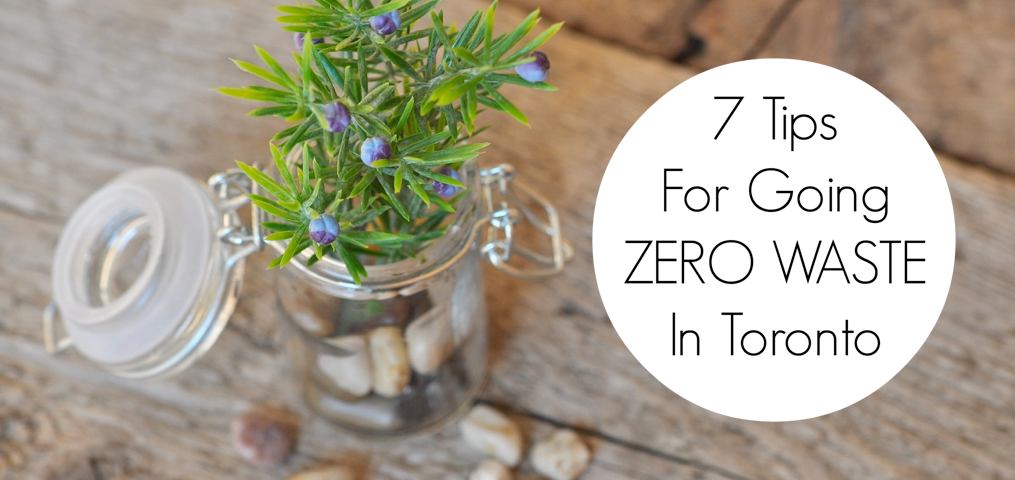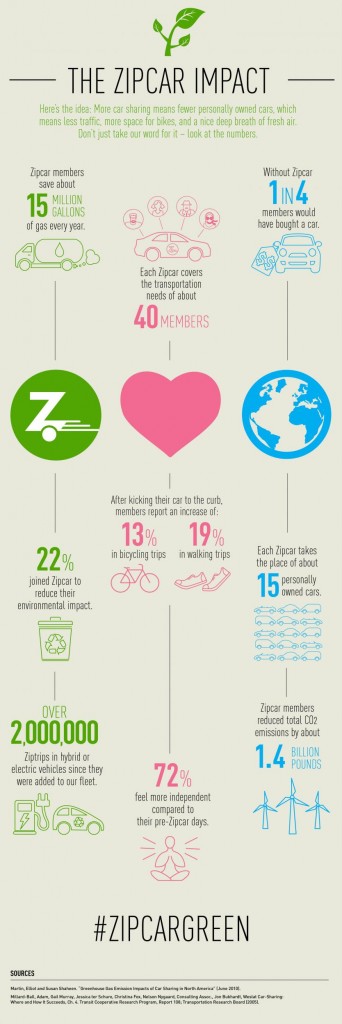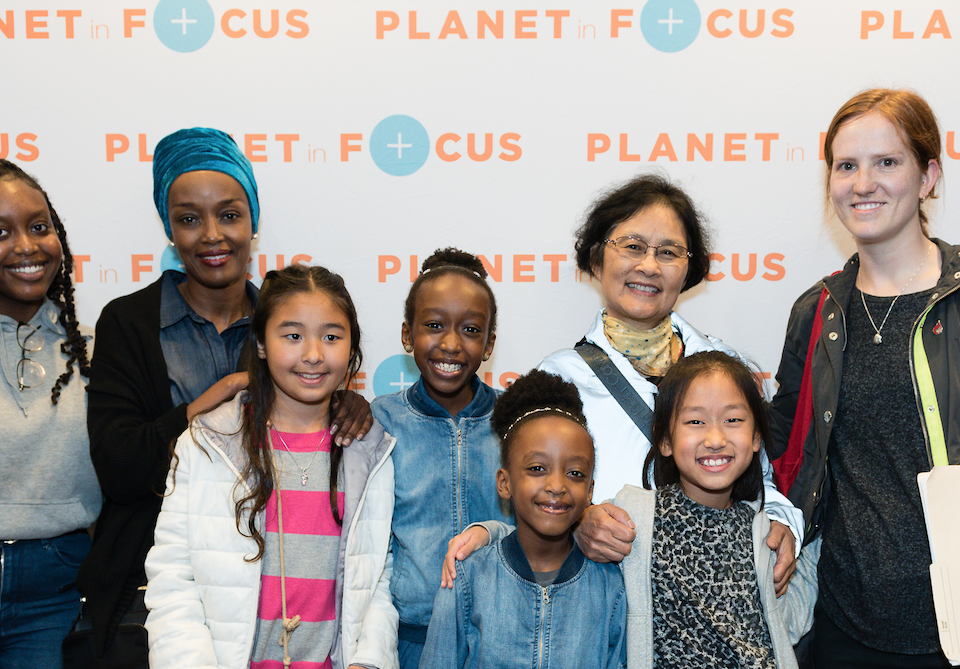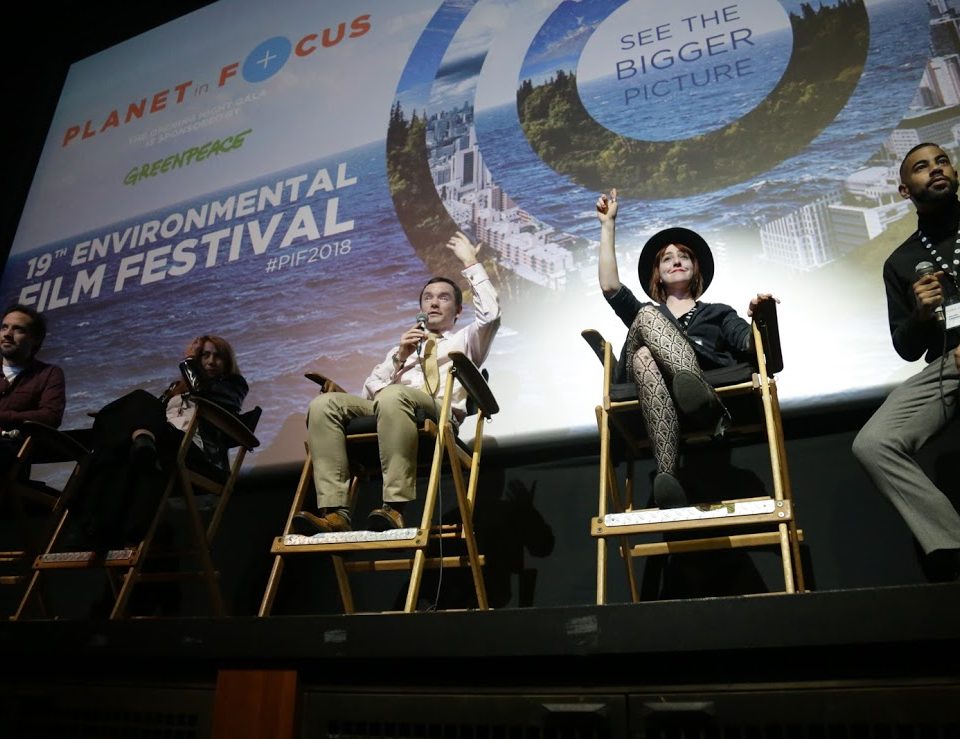These days, people are talking trash. We produce huge amounts of waste each year, and we’re trying to figure out how to mitigate it.
Championing this cause is the zero waste movement.
Going zero waste is all about rethinking how we manage our resources, with the goal of lowering and ultimately eliminating what we put in the landfill. It isn’t just reducing, reusing, recycling, and composting, but also preventing the situations that lead us into trouble in the first place.
Even if it’s not yet feasible to be 100% waste-free, we can each make lifestyle changes. That’s at the heart of this movement: using our agency as individual consumers and taking responsibility for our environmental footprints. It’s a series of small personal decisions, day after day.
Support is rapidly spreading in urban environments. San Francisco has set an ambitious goal to achieve zero waste by 2020 – and Toronto is starting to join in on this global movement (see Toronto Environmental Alliance’s Zero Waste Report). More people are embracing zero waste values and showing that they believe a zero waste city is possible.
While we look forward to seeing the City of Toronto set targets like San Francisco, there are lots of ways we can adopt the zero waste lifestyle locally. Here are seven ideas for those in our Toronto community. You can adapt many of these to anyplace you live – and perhaps start something yourself!
1) SHARE IT
Try car sharing as an alternative to car rentals or ownership. Owning a car can be expensive in Toronto – but definitely useful for things like grocery shopping, checking out the beautiful nature spots just outside the city, or zipping around all the amazing film festivals we have in Toronto!
As the world’s leading car sharing network, Zipcar reduces the number of cars on the road and decreases greenhouse gas emissions. Two recent reports further confirm the benefits of using car sharing services. Rather than every single person in a city owning a car – especially when they sit idle in parking lots and driveways for so much time – doesn’t it make sense to share vehicles with others who need them at different times than you?
For memberships starting as low as $7/month, you can get the freedom of wheels without the high financial and environmental cost. Being part of the sharing revolution makes it easier and more affordable to get around and explore.
BIG thank you to Zipcar for helping us get around during the 17th Annual Planet in Focus Environmental Film Festival!
2) BORROW IT
Borrowing is cool – it’s good for both your wallet and the environment. Thankfully, we have options here in Toronto:
- The Sharing Depot is Canada’s first library of things, advocating for shared access and reduced consumption. By signing up for an affordable membership, you can minimize your clutter and your environmental impact. Need a sleeping bag for a camping trip to Algonquin? You can find that here.
- The Toronto Tool Library lends tools to members for their home and community projects, making it more affordable and sustainable to transform our urban spaces.
- Are you a seed saver? The Toronto Seed Library provides free and easy access to seeds for people to grow their own organic food, as well as education on why seed saving matters.
- And of course, don’t forget about your local Toronto Public Library!
3) TRADE IT
Swap items on Bunz Trading Zone rather than buying new. Bunz is a Toronto-based community for exchanging goods and services, currently with more than 50,000 members. There is no money allowed in these trades – Bunz is built around finding new homes for belongings and connecting with neighbours in the process. This trust-based, vibrant community is the sharing economy in action, full of loyal members who are also known to post “curb alerts” and track down stolen bicycles.
Of note for Torontonians: there’s a big Community Swap coming up via the Toronto Tool Library and Evergreen Brick Works on Sunday, November 13th. Check out the details on their event page here!
4) FIX IT
Get items fixed at Repair Café Toronto rather than chucking them (they even have a 3D printer if you’re missing a part). Grassroots repair movements are starting to gain momentum — Sweden is even introducing tax breaks for repairs! — in favour of getting as much use out of items as possible. This is a great way to get around planned obsolescence. It’s surprising how much longer our possessions can last if we are resourceful!
5) DONATE IT
Remember that your belongings can help those in need. Basic necessities are more meaningful than we often realize, and the dignity of ownership is invaluable.
- The Furniture Bank, now a partner with Lifeline Syria, will pick up your gently used furniture and furnish homes for previously homeless or displaced folks.
- Oasis Clothing Bank accepts donations of clothing and houseware to help participants in the Oasis Addiction Recovery programs get back on their feet.
- The Habitat for Humanity ReStore also accepts gently used household items to go directly towards their home building projects!
6) BULK IT
In 2016, Vancouver led the way for low-impact grocers in Canada. Now that Montreal has two —soon to be three — zero waste grocery stores, Torontonians are demanding their own option.
Fortunately, the Bulk Barn location in Liberty Village recently began piloting a waste-free program. Now you can bring your own reusable containers, instead of using the plastic bags provided — or, get your Pinterest on and purchase a Mason jar! We’ve got some other eco-conscious bulk stores like Strictly Bulk, too, and hopefully more will come as support grows for the #zerowastelife.
7) EAT IT
After seeing Peter Svatek’s Theater of Life (2016) screen at Planet in Focus Film Festival this year (and take the award for Best Canadian Feature!), it’s hard not to think about the amount of food we waste each year: 1.3 billion tonnes of it, approximately. Beyond the fact that we shouldn’t be throwing out food when so many in the world go hungry, food that ends up in landfills releases methane gas – which has 25 times the global warming potential of carbon dioxide. So:
- Use an app like Foodful.ly that lets you track what’s in your fridge before it goes bad. This clever app tracks the lifespan of each purchase you make while sending reminders to eat it before it goes off. Foodful.ly also sends you recipe suggestions for what to do with the random celery or radishes you’ve (almost) forgotten in the back of your fridge!
- Support Massimo Bottura’s Food For Soul project, which seeks to launch high quality soup kitchens around the world to feed those in need using surplus food ingredients that would have otherwise been thrown away. This is a wonderful organization that addresses two crucial environmental issues: hunger and food waste.
- Register your fruit-bearing trees with Toronto-based project Not Far From The Tree. If you’re not able to keep up with your tree’s harvest, volunteers will pick the bounty and divide it between you, the volunteers, and local food banks, shelters, and community kitchens.
- Check out and support Canada’s #WhatAWaste campaign, urging the Canadian Government to require supermarkets to donate unsold products to local charities, food banks, or farms for animal feed/compost. This would make it illegal for grocery stores to throw away or destroy surplus food. Sign the petition here.
* * *
Sometimes environmentalism seems overwhelming. It can be easy to feel like the world’s problems are insurmountable and our individual choices hardly add up. Let’s choose not to believe that. Let’s choose collective impact. We each have the power to vote with our dollars, and our actions send a message about the kind of world we want. Vote for a zero waste future!
This guest blog post is a collaborative piece by the #PIF2016 Social Media Team:
Inspired by the connection between creativity and changemaking, Katii is in her final year in Ryerson University’s interdisciplinary Creative Industries program. Her lifelong passions for storytelling and the environment have propelled her to advocate for the earth through creative platforms. A native east coaster and outdoors enthusiast, she is excited to support artists who work to create a better world. @capturesbykate
Emily is devoted to using her knowledge of media and communications to change the world for the better. For the last 3 years, she has been perfecting the art of online storytelling as a method to amplify the important messages of non-profits and charities in Toronto. She takes the tools and techniques of traditional digital media marketing and applies them to organizations working hard to shift our world into a new story – one that is more sustainable and supportive of people and the planet. @itsahashtaglife
Find out more about our 2016 Official Transportation Sponsor at zipcar.ca!












